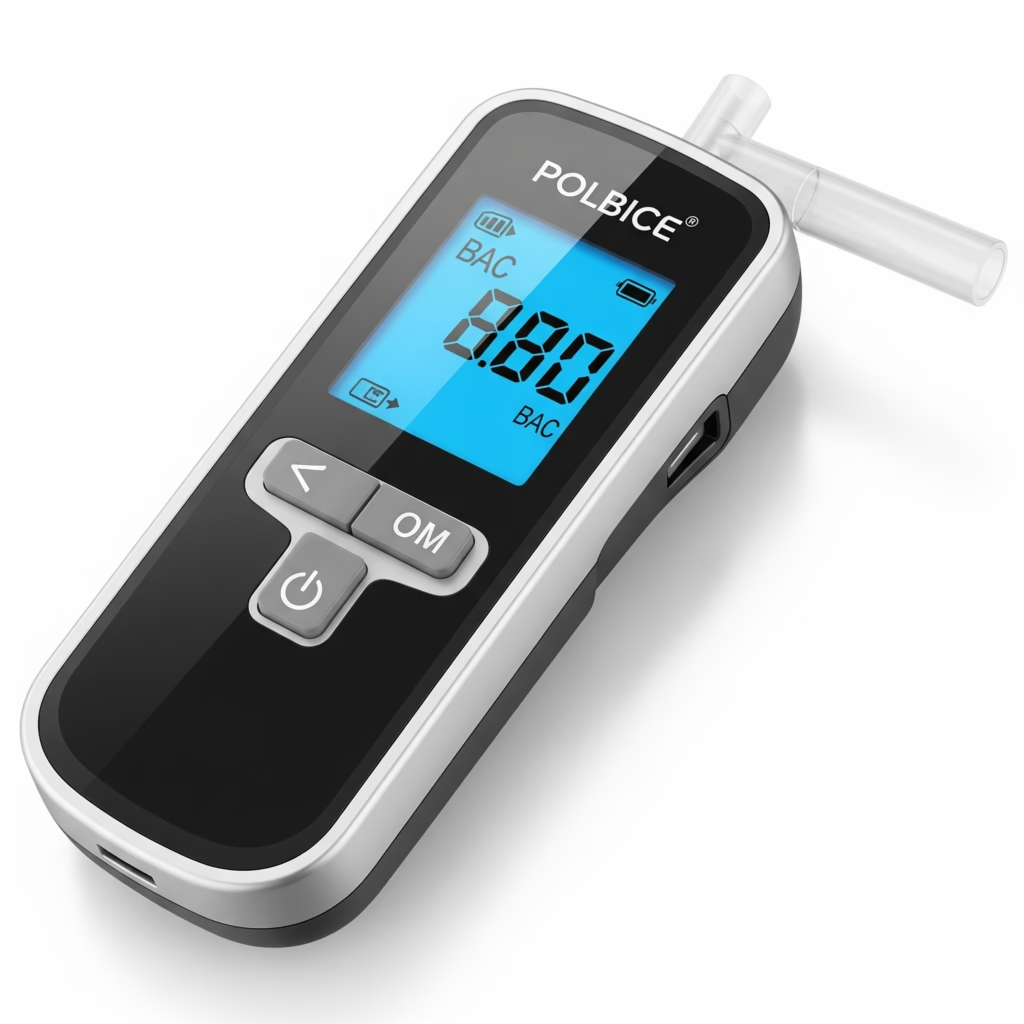Arriving in a new country like the UK brings a myriad of exciting opportunities, but also a new set of financial rules to understand. For overseas healthcare workers, one of the most puzzling aspects can be the UK’s credit system. Unlike some countries where your international credit history might transfer, in the UK, you generally start with a blank slate. This guide aims to demystify the system and provide practical steps to build a strong credit profile.
What is the UK Credit System and Why Does it Matter?
In the UK, your credit score and credit report are crucial. They serve as a financial CV, telling lenders (like banks, credit card companies, and even utility providers and landlords) how reliably you manage your money. A good credit score indicates you’re a low-risk borrower, making it easier to:
- Secure loans: For a car, personal expenses, or even a mortgage.
- Get credit cards: Often with better interest rates and higher limits.
- Sign up for mobile phone contracts: Without needing to pay large deposits.
- Rent property: Landlords often conduct credit checks.
- Access certain financial services: And sometimes even better deals on insurance.
There are three main Credit Reference Agencies (CRAs) in the UK:
- Experian
- Equifax
- TransUnion
These agencies collect information about your financial behaviour from public records and lenders to generate your credit score. Each agency uses a slightly different scoring model, but generally, a higher score is better.
Why Your Overseas Credit History Doesn’t Automatically Transfer
This is a common point of confusion. Unfortunately, your excellent credit history from your home country typically does not transfer to the UK(may be wrong). UK CRAs primarily collect information related to UK addresses and accounts. This means that upon arrival, you effectively have no credit history in the UK, making you “credit invisible” to many lenders.
Building Your UK Credit History from Scratch: Essential Steps
It takes time and consistent effort to build a good credit score in the UK, typically a few months to a year. Here’s how to get started:
1. Open a UK Bank Account
This is the foundational step. Choose a current account and ensure your salary is paid into it. Consistently managing your account, avoiding unauthorised overdrafts, and using it for regular payments will establish a financial footprint. Some banks, like HSBC, offer “New to UK” accounts that might be easier to open if you have limited proof of address initially.
2. Get on the Electoral Roll (if eligible)
Registering to vote at your current address is one of the quickest and easiest ways to boost your credit score. It helps CRAs verify your identity and address, which is vital for lenders. To avoid updating every now and then, it is advisable to wait until you move from the limited/temporary trust accommodation (if you had one for a limited time) before setting one up.
- Eligibility: Most overseas Healthcare workers legally residing in the country can vote. Please check the GOV.UK website for details on your eligibility.
- If you’re not eligible: You can add a “Notice of Correction” (a short statement, up to 200 words) to your credit report explaining why you cannot register, assuring lenders you have valid leave to remain. Send this to all three CRAs.
3. Set Up Utility Bills and Pay Them On Time
Having utility bills (gas, electricity, water, internet) in your name at your address helps establish proof of residency and responsible payment behaviour. Set up direct debits to ensure you never miss a payment. Rent payments can also contribute to your credit history through services like CreditLadder, which reports your timely rent payments to CRAs.
4. Consider a Mobile Phone Contract
Opting for a mobile phone contract (rather than pay-as-you-go) is a form of credit. Paying your monthly bill on time demonstrates reliability. If a full contract is difficult to get initially, start with a SIM-only contract. Remember to check for signal strength and compare deals to get the best option.
5. Apply for a “Credit Builder” Credit Card
These cards are specifically designed for individuals with little or no credit history. They typically have low credit limits and higher interest rates, but the key is to use them responsibly (Would recommend 3 months waiting from the time you came in, just to build you visibility first):
- Use a small amount: Try to keep your credit utilisation low (e.g., use no more than 25-30% of your available credit limit).
- Pay in full and on time: This is the most CRITICAL factor. Set up a direct debit for the full balance each month to avoid interest and build a positive payment history.
6. Avoid Multiple Credit Applications
Each “hard search” (a full credit check performed when you apply for credit) leaves a mark on your credit report and can temporarily lower your score. Space out your applications and use eligibility checkers (which perform “soft searches” that don’t affect your score) before formally applying.
7. Monitor Your Credit Report Regularly
You are entitled to a free copy of your credit report from each of the three CRAs. Use services like ClearScore, Experian, or TransUnion to check your score and report regularly. Credit Karma on playstore is friendly on testing.
This allows you to:
- Spot errors: Dispute any inaccuracies promptly, as these can negatively impact your score.
- Track progress: See how your score is improving as you build your history.
- Identify potential fraud: Unauthorised accounts could indicate identity theft.
8. Financial Management Apps and Services
Some fintech apps and services, like Experian Boost, can help improve your credit score by tracking regular payments for things like streaming services (Netflix, Spotify) and council tax. This can provide additional evidence of responsible financial behaviour.
Challenges and Tips for Overseas Healthcare Workers
- Proof of Address: This can be a hurdle initially. A letter from your employer (NHS trust), a tenancy agreement, or a utility bill in your name are generally accepted.
- Income Verification: Lenders will need to see proof of your stable income, usually through payslips and bank statements showing regular deposits.
- Patience is Key: Building a solid credit history takes time. Don’t be discouraged if you’re not approved for large loans or premium credit cards immediately. Focus on the foundational steps first.
Disclaimer: This guide provides general information about the UK credit system and is not financial advice. The information is perceived accurate at the time of the post but financial regulations and products can change. It is always recommended to seek independent financial advice tailored to your specific circumstances from a qualified professional in the UK before making any financial decisions. Credit decisions are always at the discretion of the lender, and meeting the suggested steps does not guarantee approval for credit products.



